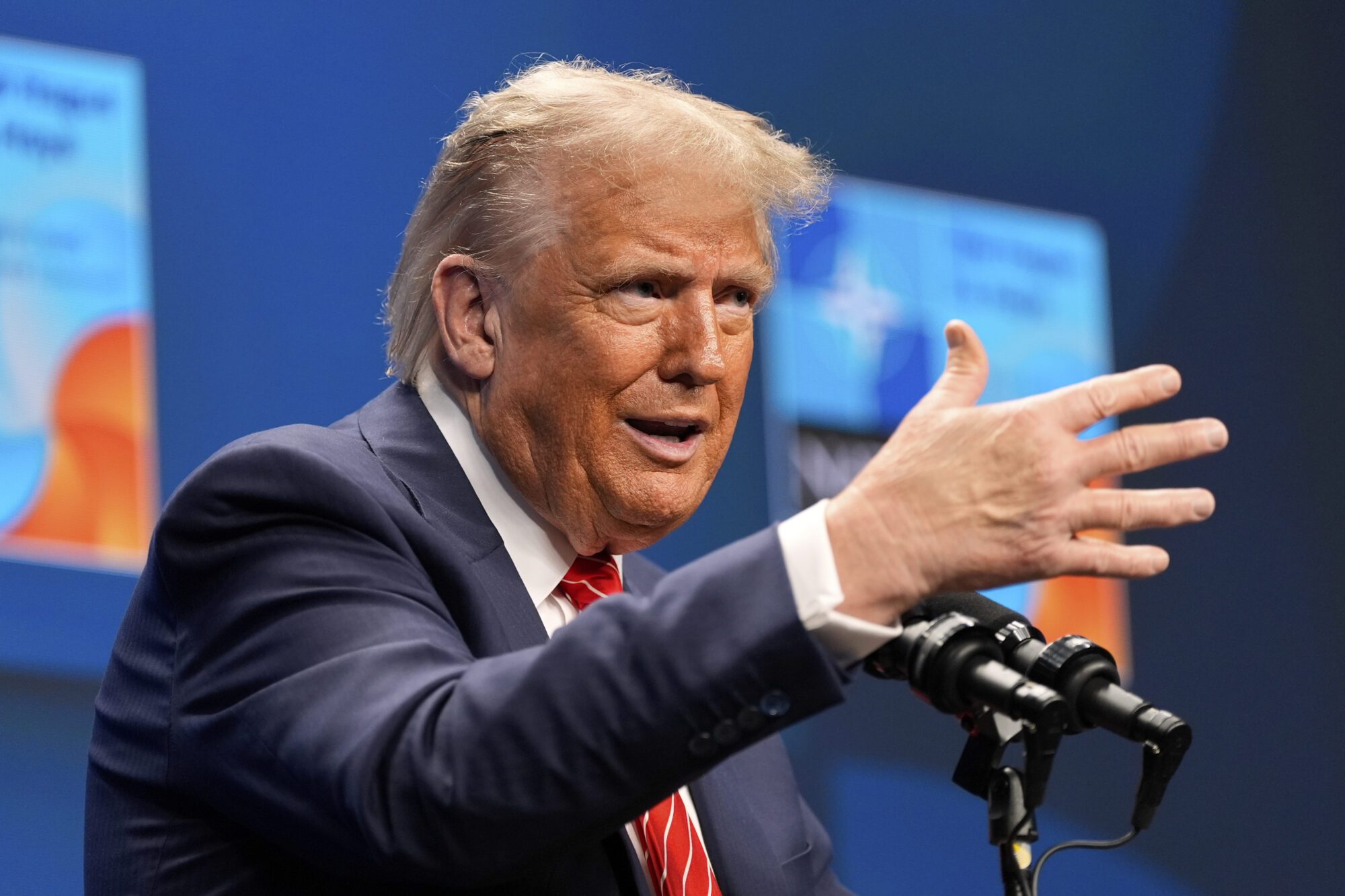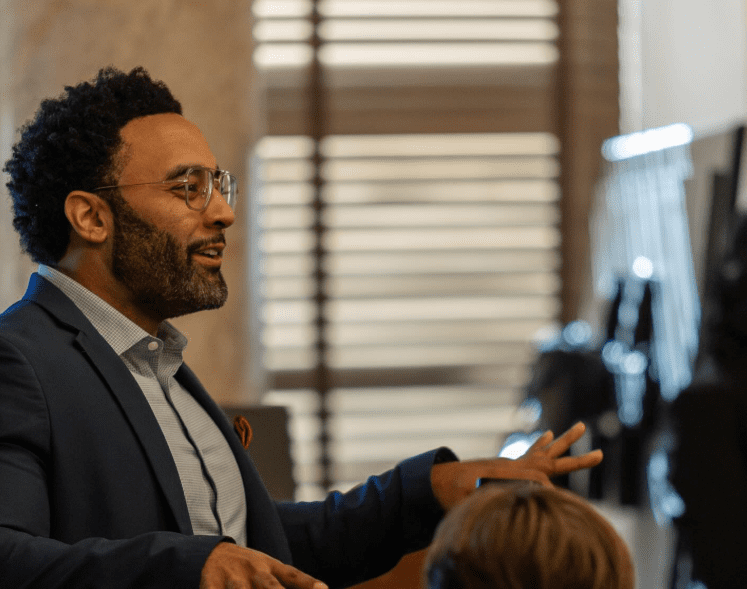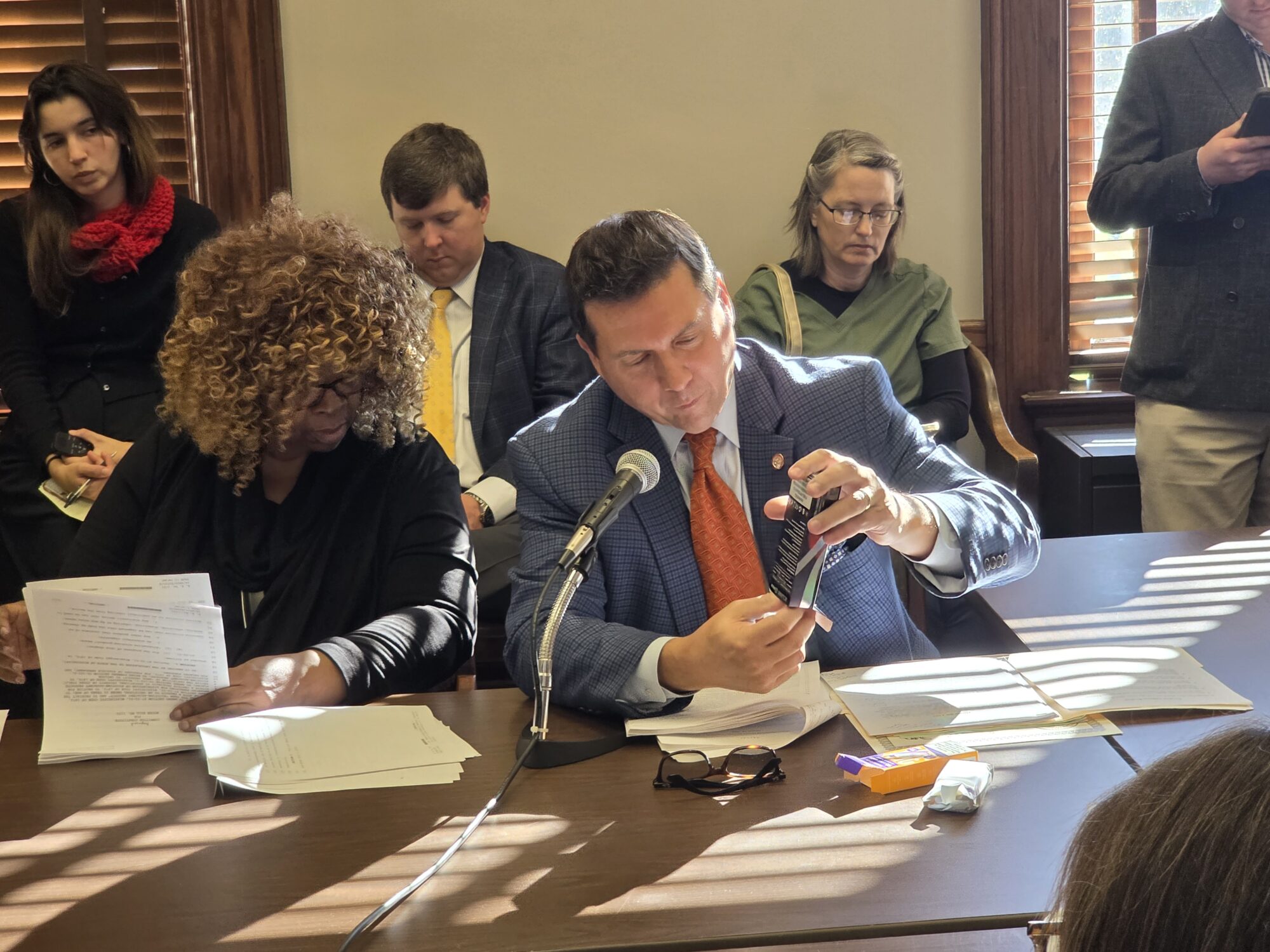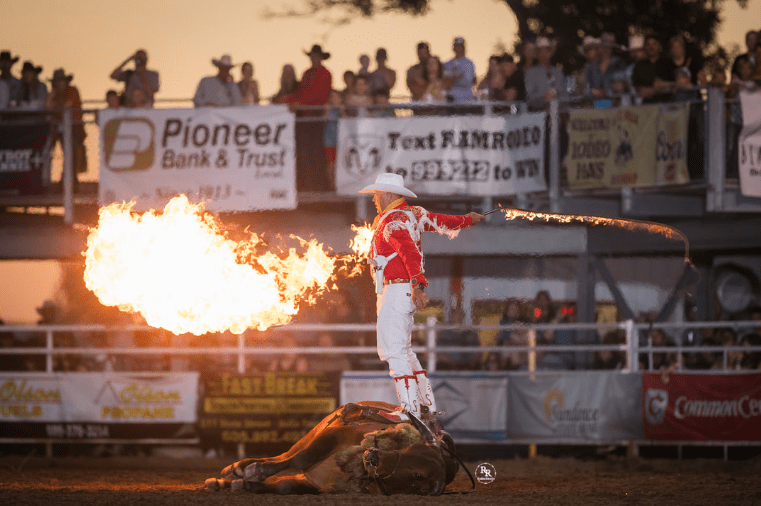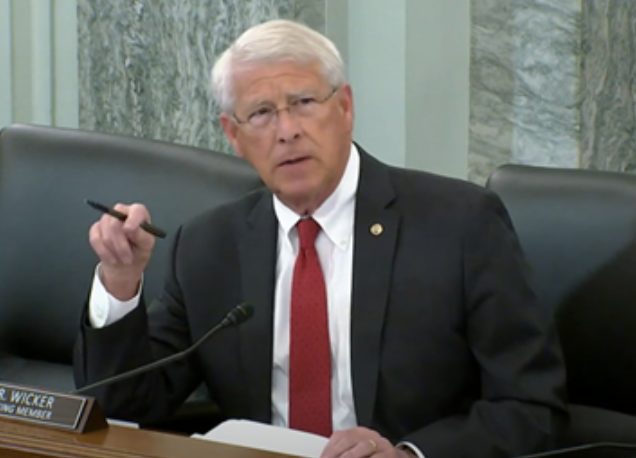
U.S. Senator Roger Wicker, R-Miss., ranking member of the Senate Committee on Commerce, Science, and Transportation, today participated in a hearing addressing federal legislative proposals to allow athletes participating in collegiate sports to monetize their name, image, and likeness (NIL).
Last Congress, Wicker proposed legislation that would allow student athletes to be compensated for the use of their NIL.
Senator Wicker discussed this proposal in April during his visit to Jackson State University (JSU), where he met with JSU President Thomas Hudson and Deion “Coach Prime” Sanders, JSU’s head football coach.
Read Senator Wicker’s opening statement, as delivered:
Thank you Madam Chair for holding today’s hearing and I appreciate your comments and subscribe to the tone and objective that you outlined.
It’s a very important day to discuss the issue of college athletes’ name image and likeness, NIL, rights. Last year, the Commerce Committee held multiple hearings on this subject. We heard from stakeholders with a wide variety of perspectives representing large and small colleges and universities, conferences, student athlete groups, and academia. As a result of that process and because of the insights gained from responses to letters I sent on behalf of the committee to dozens of institutions, the proper role of what Congress needs to do on NIL has become clearer.
There is broad consensus that Congress should pass a law that guarantees college athletes the right to enter into NIL agreements with third parties, the same right that all of their fellow non-athlete students have. Such a law should have guard rails in place to prevent pay-for-play schemes and to safeguard student athletes from being taken advantage of by unscrupulous actors.
A federal NIL law also needs to ensure that institutions, conferences, and athletic associations are not held liable for past rules governing NIL compensation during the transition to a new system, and it should be preemptive of state law creating a single national standard providing the same rights and protections to all student athletes across the country.
For my part, I sought to take the first steps towards such a law when I introduced the Collegiate Athlete Compensation Rights Act late last year. This Congress, I credit Senator Cantwell for moving quickly to start negotiations on a bipartisan path toward NIL legislation. And time is of the essence because the Senate Commerce Committee has certainly not been the only body taking up the NIL issue.
In recent years, 18 states have signed NIL bills into law, the first of them set to go into effect on July 1st of this year, less than one month away. After that date, some college athletes will be able to avail themselves of opportunities related to their name, image, and likeness, and some will not. Schools and programs in some states will be able to gain a recruiting advantage under these new laws, and some will not. One of those state NIL laws will be going into effect in my state of Mississippi, and I’m glad to know that student athletes at Ole Miss, Jackson State, MSU, Southern Miss, and other institutions will not be completely disadvantaged. However, inconsistencies between state laws are already emerging. The only way to ensure that all student athletes across the country have the same NIL rights and protections is for Congress to act.
I understand that NIL is not the only issue of importance in the world of college athletics. In our bipartisan talks, we have spent a significant amount of time on issues such as providing better health care and support for educational outcomes among our college athletes. These issues deserve deep and thoughtful consideration, especially as they overlap with the jurisdiction and expertise of other committees, but unlike NIL, these issues are not subject to a July 1 deadline.
Based on our discussions, I believe we can reach consensus on a focused bill addressing NIL on a much faster timetable. To that end, I expect the testimony of today’s witnesses will be quite helpful. I look forward to discussing with each of them the latest developments on the NIL issue and the need for federal legislation.
Thank you, Madam Chair.
Press Release
6/9/2021
